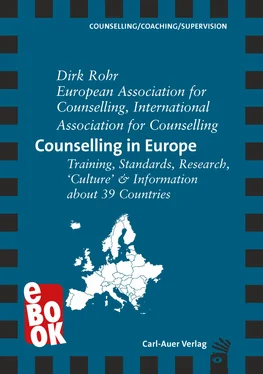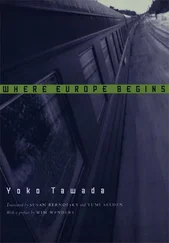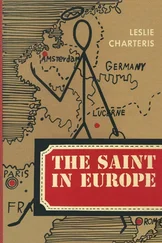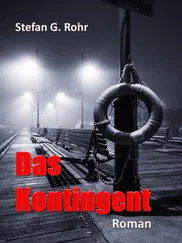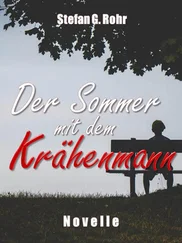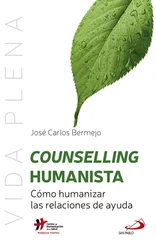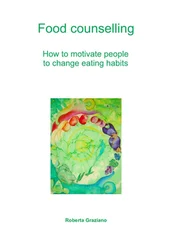• A letter of confirmation will be sent to the candidate by the EAC Executive. An accreditation fee will also be required
• On receipt of the fee, the application is passed to the EAC Registration Board.
• When the Registration Board of EAC registers the candidate as an Accredited European Counsellor, the certificate is sent to the candidate.
• The EAC contacts unsuccessful candidates by a letter outlining the reasons for non-accreditation.
• All decisions of the Registration Board are final.
2.11 Developing the EAC Accreditation Scheme
The preceding pages outlined the first essential steps taken by EAC to establish an agreed set of standards for counsellor accreditation that can be owned and validated across the country, language and cultural boundaries.
So far, EAC has recognised a relatively small number of EAC Accrediting Organisations. However, we have many members in countries that do not yet have Accrediting Organisations. We intend to support the creation of new Accrediting Organisations for Counselling.
Special Case
EAC Members in countries without a National Association or Accrediting Body and whose modality is not covered by an EWO are invited to approach EAC for support in widening their national counselling network with a view to eventually developing an NA or Accrediting Body. In the meantime, they may apply for European Counsellor Accreditation under section 9.3.
The General Assembly, before implementation, must vote on any changes to accreditation procedures and training standards.
For more information as well as for current information (e. g. our webinar series) about EAC please look at https://eac.eu.com!
1Thanks to Eva Metallidi (Vice President), Ivana Paunovic (General Secretary), Carolina Welin (Treasurer), David and Brenda Dutch (Webmaster and Administrative Assistant)
3 International Association for Counselling (IAC) 2
The International Association for Counselling is an International Non-Governmental Organization and has consultative status with several organizations including UNESCO, WHO, ECOSOC, UNICEF, ILO and the Council of Europe.
IAC was founded by Professor Hans Hoxter in 1966 as the International Round Table for the Advancement of counselling. The name of the association was changed to the International Association for Counselling in 1997. Since its inception, the association has offered yearly conferences, consultations and/or digital educational and professional events in countries on all continents of the world. These events have brought together the perspectives of practitioners, educators, researchers and policy makers with the aim of increasing the quality and impact of counselling around the globe. One of the early developments of the association was the creation of the International Journal for the Advancement of counselling.
In an interview in late 2001, Professor Hoxtor predicted the increasing complexity of the issues that counsellors would face in the future, and what would be required of them:
So, the question arises, how from now on how can we go ahead, how can we develop this whole field? The field has developed in a most spectacular way. Today there are people in certainly 120 countries who are committed to counselling as a major factor in emotional, intellectual and spiritual rehabilitation and growth …so that is a great plus, a great achievement but there is so much to be done. The reason in part is that we are engaged in a society which is all the time trying to discover and develop new areas of understanding, new areas of spiritual and intellectual activity in the sense of the integration of the individual or the family in society, but we are today in a society we have to adapt to and live with, which is more challenged, more attacked from within and from without, than we have for the past hundred years. On the one hand I think that counselling offers huge opportunities for helping and supporting and understanding social and personal emotional needs, but it is based, in my opinion, on a major exercise in learning. I think that counsellors in the future will have to develop their learning at a much higher level than we have done in the past (Borgen, 2003, p. 89).
With this perspective in mind, IAC has worked to fulfil scientific and educational and social justice aims to advance the understanding and practice of counselling wherever it is needed, developing or offered in the world, guided by the belief that counselling benefits individuals and groups, and society as a whole. With that broad perspective in view the association has been catalytic in promoting the development of counselling in areas of the world where counselling is less developed, and offers support and consultation to newly developing national and regional counselling associations (Borgen, 2006)
Participation in this association provides a unique opportunity to develop a global appreciation of the way counselling is being deployed to address humanitarian concerns including the promotion of human rights, and the delivery of education, health, and counselling services to individuals, families and groups to address a range of personal, interpersonal, career and social challenges.
IAC Vision:A world where counselling is available to all.
IAC Mission:To serve as an international leader and catalyst for counsellors and counselling associations by advancing culturally relevant counselling practice, research and policy to promote wellbeing, respect, social justice and peace worldwide.
IAC Core Values:
• Respect: For the dignity, value and human rights of individuals and communities
• Integrity: Honesty, accountability and ethical behaviour.
• Excellence: Demonstrated by the quality and professionalism of IAC’s work.
• Service: To our membership and wider society.
• Commitment: To benefit humanity and improve people’s lives.
• Collaboration: An inclusive culture that values diverse perspectives, the power of common vision, and equality among peers.
In 2021, many countries and people are at a time of unprecedented strain. As a global community of counsellors it is crucial that we come together and work towards the IAC vision of "a world where counselling is available to all". Counselling is growing worldwide and it is important that counsellors have a leading, unifying voice that represents them internationally. Through our strategy, we have committed IAC to playing our part in advancing the field of counselling worldwide and promoting health, well-being, respect, social justice and peace. As counsellors and responsible individuals of the international community we have an unparalleled opportunity to succeed by working together through common principles and goals.
IAC seeks to advance counselling by uniting counsellors globally, serving as an international resource to individuals and associations in the following six Goal Areas, stated as:
1. Development of counselling:This is IAC’s central goal and directly relates to our overall purpose. We will continue to advance the field of counselling through Practice, Education, Advocacy, Policy and Research initiatives.
2. Strengthening Partnership and Collaboration:We will strengthen and build connections with our International, National and Organisational partners.
3. Members and Services:We will increase our individual and organisational membership base across all world regions. We will enhance the representation, support and services provided to members.
Читать дальше
